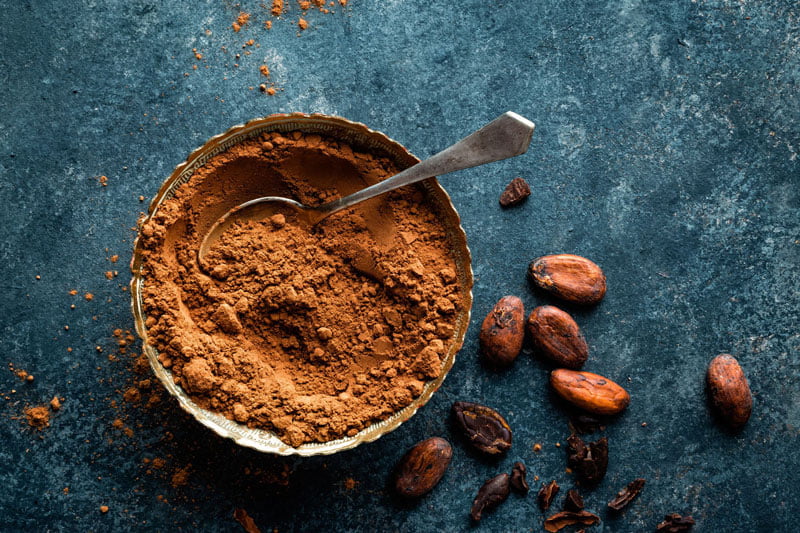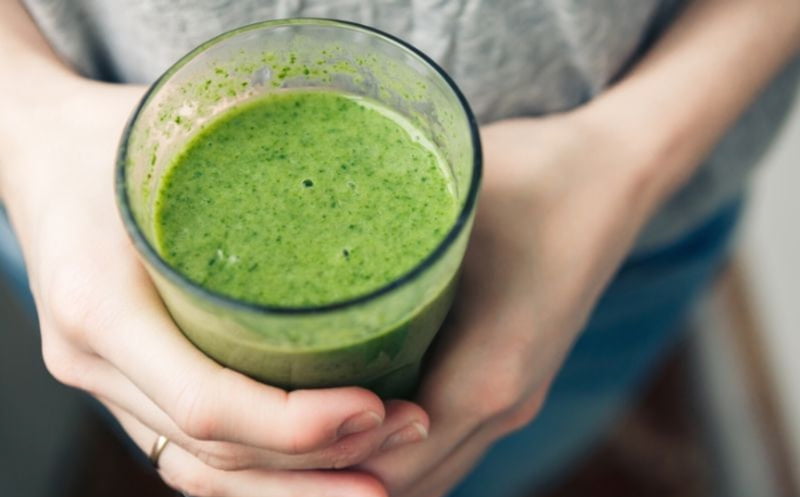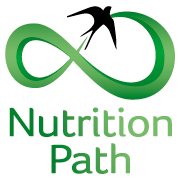The good news is that if you have made it through January, the majority of the winter is already behind you. There’s no denying that winter months are a little harder for many, whether you’re suffering from SAD, feeling low and out of energy or just simply find it harder to get up and go.
And rightly so- by now the winter took its toll and unless you live in a sunny country, you may be depleted not only in vitamin D but a bunch of other vitamins and minerals that make day-to-day life a little brighter and exciting. Not such great news for most of us in Northern Europe (and some of the Northern Hemisphere).
Yes, sometimes it’s just about your nutrition and brain chemistry, so make sure that you’re giving your body all the building blocks and every chance in having a positive, nourishing winter ahead.
And if you need a little pick-me-up as you go along or could do with an extra couple of hours of energy daily to get through your to-do list, make sure that you’ve got some of these delicious, nutritious mood foods in your diet. Here are some of my go-to favourites to get me through the long, dark evenings.
Cacao
It’s a dream to be told that something as delicious and dreamy as chocolate actually helps boost your mood. However, it’s not your regular Cadbury’s dairy milk chocolate we’re talking about, but the pure cacao powder. Make sure you get the best quality cacao available, which hasn’t been heat-treated and possibly is raw. This way, you’re keeping all the nutrients and antioxidants present and claiming all the benefits from it.

Cacao is packed with antioxidants, flavonoids and polyphenols that support resilience, promote calm and have mood-boosting qualities. I love to make a cacao drink in the morning instead of coffee to boost the mood and flood the cells with energy and enthusiasm.
Turkey, chicken and greek yoghurt
This may not be for you if you’re keeping going with Veganuary, but turkey, poultry and dairy contains an amino acid called tryptophan, which is a precursor to the “happiness” hormone serotonin. If possible, include some of these foods in your diet, especially if you get low and have insomnia in the darker months of the year. Quality is important, so make sure you get organic and grass-fed produce when possible.
It can be as easy as adding greek yoghurt to your morning granola or make a turkey wrap for lunch to keep your protein needs in check and serotonin levels optimum.
Green tea
If you’re after more energy and especially after a bit of a “mental boost” this winter, this one is for you. Green tea contains an amino acid called L-theanine, which supports brain activity, helps eliminate brain fog, helps gain clarity of thought and boost memory, as well as reduce stress levels and promote relaxation. Sounds pretty good, right?
L-theanine is shown to increase neurotransmitters GABA and serotonin, which are responsible for happiness, calm and positivity. But since it contains caffeine, make sure you have your last green tea in the early afternoon.

Spinach, kale and other dark leafy greens
It’s not easy to find dark leafy greens in the middle of the winter without looking for imported products, but do your best with getting as local as possible and make sure that you at least get some spinach and kale in your week. Eating your greens is even more important in the winter when the availability of fresh nutritious produce is impaired.
Leafy greens contain B vitamin folate and its deficiency is linked with impaired serotonin and dopamine metabolism, hence affecting moods. Could it have something to do with SAD? Perhaps it’s part of the picture, so do make sure you get your greens in, even if you have to take the extra mile to get them.
Add your greens to salads (or side salads to a hot stew), make cacao smoothies with kale or spinach if you prefer to mask the taste or add them to an Indian curry. Whatever you do, make sure you get enough of these in the winter, to have the best chance of keeping resilient this winter.

Adaptogens
Adaptogens are a type of plants and medicinal mushrooms, that are able to adapt to non-specific actions of the human body. What that means is that adaptogens are neither stimulants nor sedatives, but rather help boost energy when the body needs it and help calm the nervous system down when that’s needed.
Such include ashwagandha, Rhodiola, ginseng and medicinal mushrooms such as reishi, lions mane and cordyceps. Adaptogens do not taste particularly good themselves but are palatable when added to foods, such as morning porridge, coffee or cacao drink.
Adding adaptogens to your diet in the winter can support your overall wellbeing and keep you at a more even keel in the darker months.
Note on Coffee and Sugar
Don’t get fooled by coffee and sugar for the instant “feel good” and energy in the winter. Sadly, the effects are short-lived and only create a bigger crash after it, getting you stuck in the loop of “instant gratitude”. The trouble is that it only creates a bigger imbalance and the highs and lows are just too extreme, causing havoc and chaos in the body.
Opt-in for more balancing foods, slow-release carbohydrate, quality protein and lots of rainbow colour to keep you going this winter. I can assure you that you won’t regret it and your body will thank you for it!



